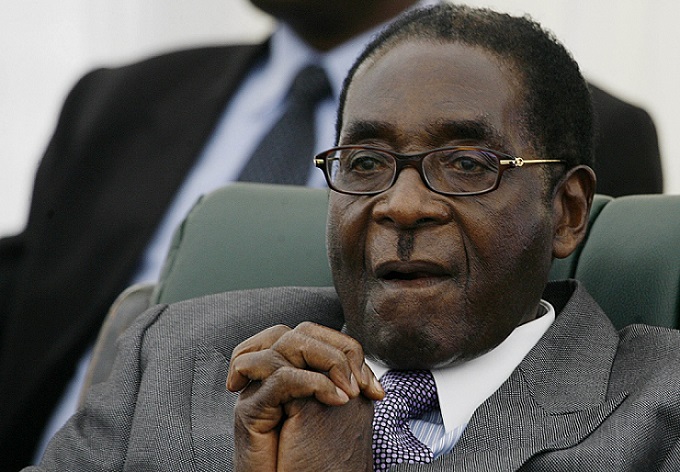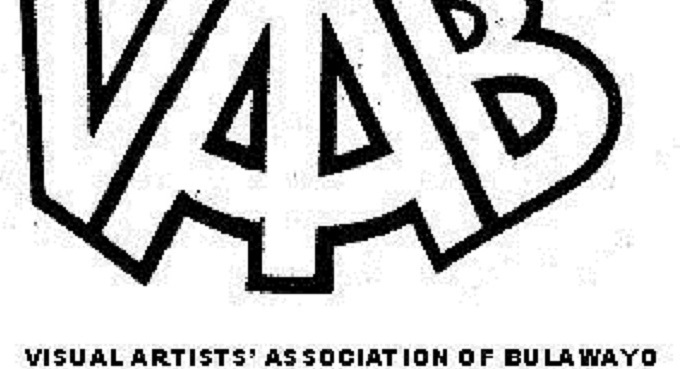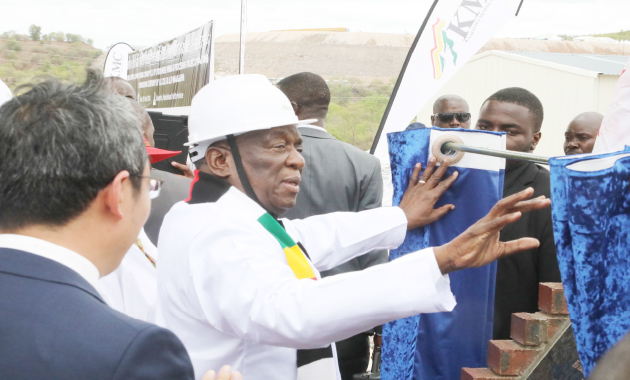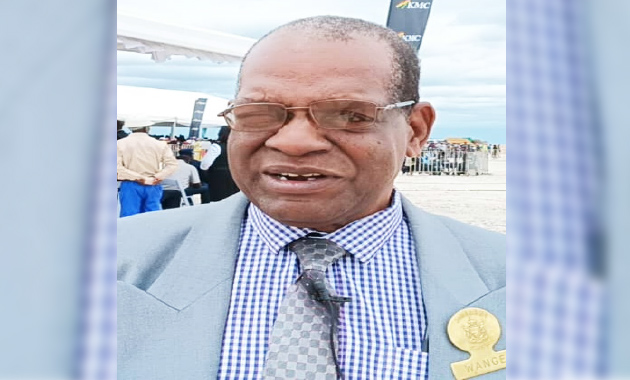Safeguarding the vanguard principles

Reason Wafawarova
Since independence we have had a number of people-oriented policies like mass education, health for all, rural growth points, land reclamation, and indigenisation.
Some of these policies were coloured in dramatic political radicalism, and they not only gave our country an image of revolutionarism, but also attracted phenomenal antagonism from some quarters of world powers.
The usual fear of the domino effect meant we had to be discouraged from such policies as land reclamation and economic empowerment.
Where mere criticism and discouragement did not work we were economically isolated and sanctioned.
The sanctions stand to this day, largely unjustified, but essentially strategic to keep us in check as we have embarked on a new path under a new dispensation whose mantra has been “Zimbabwe is now open for business.”
Under former president Robert Mugabe, Zimbabwe easily became identifiable as Africa’s hotbed of the post-independence emancipation struggle — the battlefield for independent nationalism.
Sadly this did not translate into as much evident happiness for all as was the case with Thomas Sankara’s four-year revolution in Burkina Faso.
We have on the one hand the traditional capitalist global players who have a long standing track record of exploiting Africa’s natural resources, often using the continent’s children as their tools and slaves; and those on the other hand who, after realising their weakness and exploitation, have decided to overturn imperial hegemony.
Of course the resolve has always been to liberate the future of the continent, starting with today’s generations.
The sad reality in Zimbabwe has been that we have had a revolution fronted by an ageing leadership comprising of our liberation war heroes.
The active leadership of a contemporary revolution requires contemporary energy, much as the wisdom of the veteran is essential in directing the vision.
We have seen this new administration infusing new blood into leadership, and that is encouraging.
However young age in and of itself is no assurance for competence and success, especially when the temptation to reward political activists with executive duties still prevails.
We have a proud legacy in our wartime leadership, and our liberation war heroes know both the bitterness of struggle and the sweetness of victory.
Our revolution has continued to take many forms, as does any other revolution.
At times it has been a silent struggle, occasionally it has exploded like gunpowder, as happened with land reforms, and with the indigenisation policy.
Today we are focusing on investment and attracting FDI.
We have seen successes and gains in the past, just like we have seen the same gains slip away at other times.
What must never slip away is principle, and the principle is that the revolution is by the people, and for the people. Only the people are the power centre in a true revolution.
Without evident transformation and benefit for the people, there is simply no revolution.
This principle here cuts across the continent of Africa, and it is the same principle that brought down the first colonial pillar in 1956.
Kwame Nkrumah and his leadership team then knew very well what brought the colonial empire down in Ghana – the power of the people. It has not been an easy journey for Africa.
The West has been asserting its power by means other than colonial, forcefully and clandestinely toppling legitimate but non-pliant governments.
Popular leaders have been assassinated in broad daylight, and replaced by pliant puppets.
Joseph Mobutu rose at the expense of Patrice Lumumba in the Congo in the early sixties, and the country has never known real peace ever since.
Puppet turned rebel Idi Amin rose to power in Uganda with the support of British Prime Minister Edward Heath, at the expense of Milton Obote; whose major crime was a threat to pull out of the Commonwealth in protest against Britain’s military support for the apartheid regime in South Africa, added to his perfectly legal but Western-hated nationalisation program.
In Burkina Faso, Thomas Sankara was brutally murdered to pave way for France’s favourite, Blaise Compaore in 1987.
In 2011 the world haplessly watched the West murder Muammar Gaddafi of Libya.
Two years later the West tacitly supported the overthrowing and jailing of the democratically elected Morsi in Egypt.
Today we face the dilemma of the slave in Zimbabwe.
We stand politically divided — on one hand stands supporters of the revolutionary gains of independence, and on the other we have a neo-liberal generation that sees no future in any leadership associated with our generation of independence liberators.
These are people who unwaveringly believe that our salvation lies in the hands of those that authored and executed slavery and colonialism in Africa.
They want economic sanctions to remain on us until such a time the liberation movement called Zanu-PF is completely and utterly annihilated into historical oblivion.
Zanu-PF says it is reforming itself into a neo-liberal democratic outfit, and it says it is serious about re-engaging the family of nations.
However there has been evident discord in the party lately, especially in regards to the troubled currency regime.
The revolutionary vanguard principles left for us by our departed heroes are far bigger than Zanu-PF. In advancing them we are advancing a national legacy.
It is important that we interrogate honestly the capacity of Zanu-PF to guard, consolidate, and advance the agenda of happiness for the people of Zimbabwe.
Zanu-PF membership in and of itself does not translate to patriotism and commitment to national duty. That delusional way of thinking is unhelpful to national development.
The Tanzania African National Union, a sister liberation movement to Zanu-PF, noted in 1972 that “revolutions are quick social changes, changes which wrest from the minority the power they exploited for their own benefit (and that of external exploiters), and put it in the hands of the majority so that they can promote their own wellbeing.”
These are wise words from a senior liberation movement that has protected fairly well the legacy left by founding father Julius Nyerere.
The glory of a revolution is in the promotion of the wellbeing of the majority, not in economic misery; or from the loud mouths of populist politicians.
Like all the other liberation movements in the region, Zanu-PF excelled in wresting power from colonial minorities, but the party would be dishonest to claim similar credit for successfully handing such power to the majority.
The ANC in South Africa is even more culpable, and that is why Ramaphosa is trying to remedy the situation.
A counterrevolution is when a country has quick and sudden changes with the effect of wresting power from the majority in order to hand it over to a minority — attaining in the process only the selfish goals of a few.
Corruption is the most eloquent expression of a counterrevolution.
It makes no difference that the skin colour of the exploiting minority is identical to that of the marginalised majority, or that the said minority has a glorious past in liberation history.
Our revolution is very simple. It aims to liberate the Zimbabwean, and we are aware that this kind of liberation is not sent from heaven.
It is hard won — achieved through combating exploitation, corruption, treachery, patronage, and selfish ambition.
Experts do not deliver liberation. It is only the majority of the masses that have faced humiliation, exploitation, robbery and oppression who are experts and specialists for their own liberation.
There are no messiahs in a revolution.
It is the majority, not the specialists that executed our land reform program, as did the majority in waging the liberation war effort, not the specialists.
Equally our economic emancipation will come from the effort of the majority, not from the skills of experts.
While foreign investment is an essential component of modern day economies, let no one be fooled with the idea that FDI in and of its own has the capacity to liberate Africa, or in our case, Zimbabwe.
The duty of liberating ourselves as black Africans lies with us, and the necessary expertise has to always emerge during the course of the struggle itself.
The lazy gullibility that says foreign investment will of itself help the continent of Africa move into a central role in world economic affairs would be funny if it was not this tragic.
The net value of Africa’s diamond industry is estimated at US$30 billion, and yet the continent has been content to make do with the raw value of unprocessed gems, something like US$8 billion.
We have been happy to export all our raw diamonds, giving away US$22 billion in the process.
Is this not what we did with the Marange alluvial diamonds? And when the West finally gave in to our admission into the Belgian Antwerp Diamond Auction Floors, did we not celebrate like a triumphant primary school soccer team, rhapsodising happily about the imminent end to our economic woes? Did our economic woes start after Antwerp admission?
It boggles the mind how Africa can ever become central to the diamond industry when the continent only controls 14 percent of that industry, regardless of an undisputed monopoly of the resource itself.
We are a people suffering greatly from the weakness inherent in being exploited and humiliated, and that is why we believe the hand of our exploiter is our salvation, the alternative to our woes.
It becomes pointless for us to celebrate the irreversibility of the land reform program in abject poverty and in the anguish of starvation, or for us to pump ourselves up in the revolutionarism of indigenisation when all there was to it was a scramble for the little that was left of foreign owned industries.
Our neighbours in Namibia and Mozambique have had significant inflows of FDI, but that has hardly translated into poverty alleviation among the masses.
There has to be more to economic emancipation than foreign investment.
Control of industry is all about control of production, not just shares, as was the thinking with the 51 percent share ownership indigenisation policy.
We always want the easy way out, and that is why we are stuck after the running out of alluvial diamonds at Marange.
The irony is that Africa seems to know no other formula for running its economies apart from relying on foreign capital – the very direct source of most of the woes the continent so much mourns about.
Foreign investment ensures that proceeds from industry benefit most the investor, and that is only natural. Foreign investors primarily aim for profits, not the development of host countries.
It is not possible to execute a revolution for justice in the company of kleptomaniacs, and this is why ultimate intolerance must consume all of us against the corrupt lot in our midst.
Zanu-PF must simply be uninhabitable for thieves, crooks and racketeers, if economic emancipation is to be unabated.
Any system that rewards only a minority is counter-revolutionary, and will inevitably be overthrown, one way or the other.
We cannot continue to have a few people bragging about sham economic victories while our people continue to suffer. No one is entitled to enjoy economic emancipation on our collective behalf.
Power belongs to the people, and as such our leadership cannot choose to be accountable to itself, anointing itself the vanguard of our revolutionary principles.
We have created this telling disconnect between the nobility of our founding values as a nation and the post-independence generations. We cannot endear our children to a history whose benefits are difficult to figure out.
This is why this torturous tenure of economic turmoil must end, and only us Zimbabweans can end it. No sanction imposer will ever end our suffering, and the sooner we understand that the better.
The responsibility of responsible parties must be to serve the people and the various public institutions.
There is more to winning elections than politics, and Zanu-PF is old enough a party to figure this out.
Leadership means organising the people so that the same people can see the value and benefit of the party they are voting for — benefits for their own aspirations and not for the selfish ends of a few self-serving elites.
Accountability on policy implementation must be the first priority for our government.
Zanu-PF must always be guided by its revolutionary origins.
For the party, it must be forbidden for a Zimbabwean leader to be arrogant, extravagant, contemptuous, or oppressive.
A leader from a party such as Zanu-PF must by definition be a person who respects people, scorns ostentation and shuns tyranny.
For the sake of our liberation legacy every leader in Zanu-PF must epitomise heroism, bravery, and must be a champion of justice and equality.
Zimbabwe we are one and together we will overcome. It is homeland or death!
Reason Wafawarova is a political writer based in Sydney, Australia.











Comments